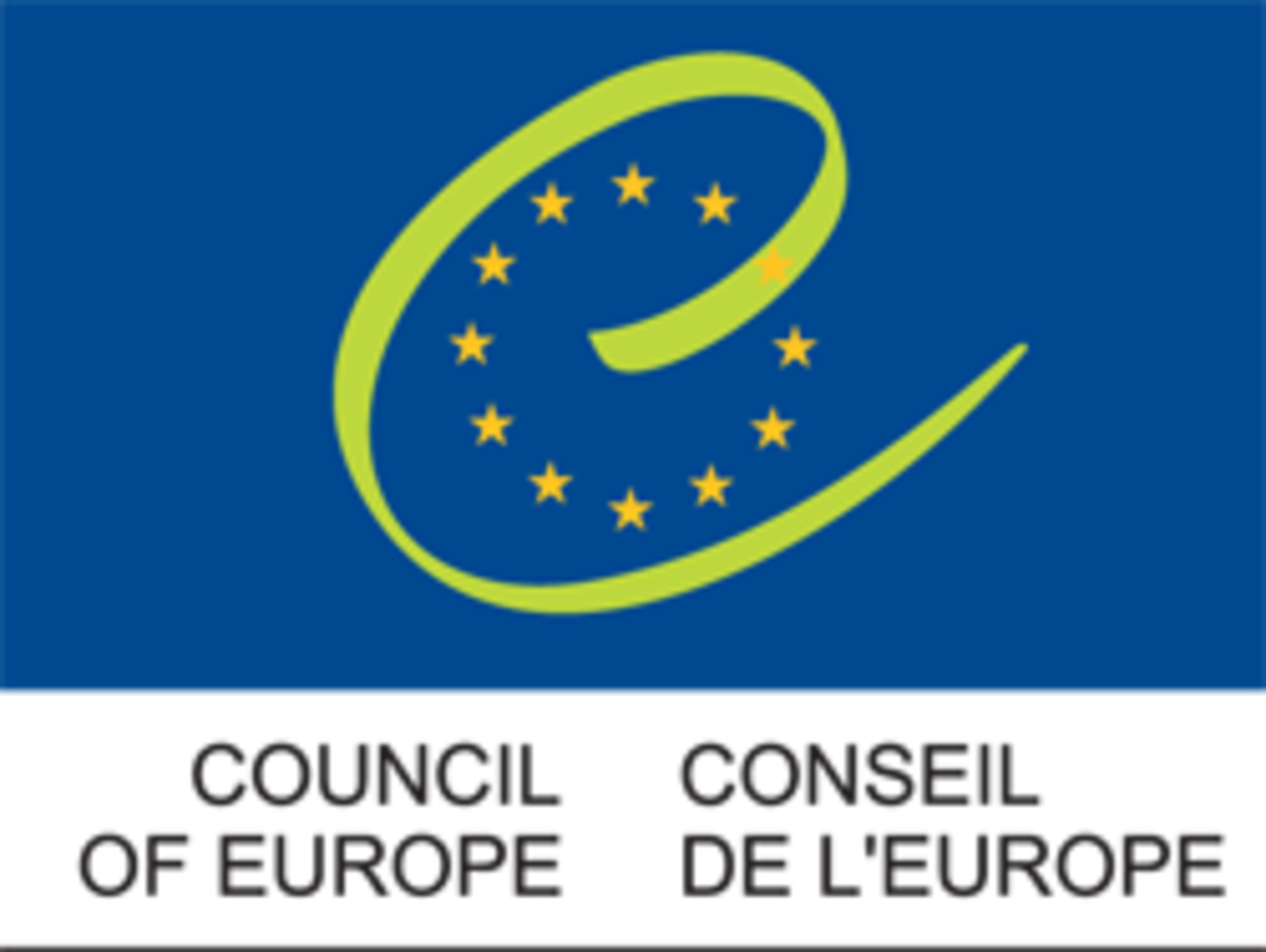The Council has long been engaged in setting standards in this field. The Convention adopted in April 2011 on preventing and combating violence against women and domestic violence is the first legally binding instrument in Europe on this issue. In scope, it is also the most far-reaching international treaty in this field.
Recognition for human rights abuse
According to Kopaçi-Di Michele, the single-most important change introduced by the Convention is that, for the first time in history, the Convention makes clear that violence against women and domestic violence can no longer be considered as a private matter. She said: "It recognises violence against women as a violation of human rights and a form of discrimination."
States will have an obligation to prevent violence, protect victims and punish the perpetrators. The Convention also introduces a set of new criminal offences such as female genital mutilation, forced marriage, stalking, forced abortion and forced sterilisation. Many countries will now have to introduce specific offences which did not exist before in their legal systems.
Supporting implementation
One of the immediate priorities is the entry into force of the Convention. To achieve this, 10 ratifications are needed. Kopaçi-Di Michele said: “Promotional events such as the Bratislava conference jointly organised with the Norway Grants on 29 November, are an important part of these efforts.”
“The Norway Grants can also offer valuable support the Council in helping countries with the implementation of the Convention. This could include activities such as the provision of legal advice, training for law enforcement, capacity building, or the setting-up of crisis centres.”
She added: “At the moment, we are working as a partner on gender-based violence programmes in Bulgaria and the Slovak Republic. We can offer practical guidance and help ensure that programmes are in line with international and European standards.”
Barr also welcomed the new partnership: “We are very enthusiastic about joining forces with the EEA and Norway Grants and are very committed to the success of the programmes. We believe that Council of Europe has much to offer in terms of expertise built up with over 200 conventions as well the findings of its monitoring mechanisms.”
